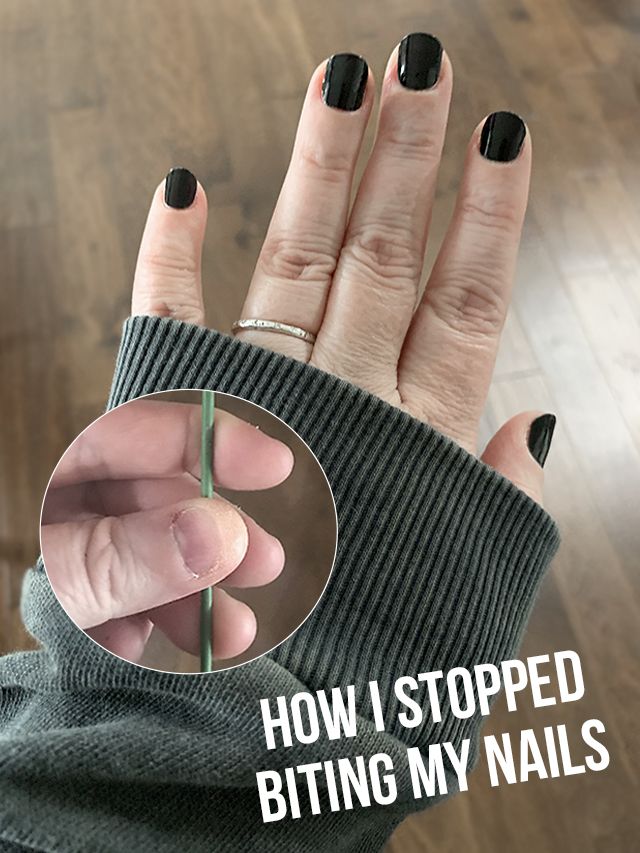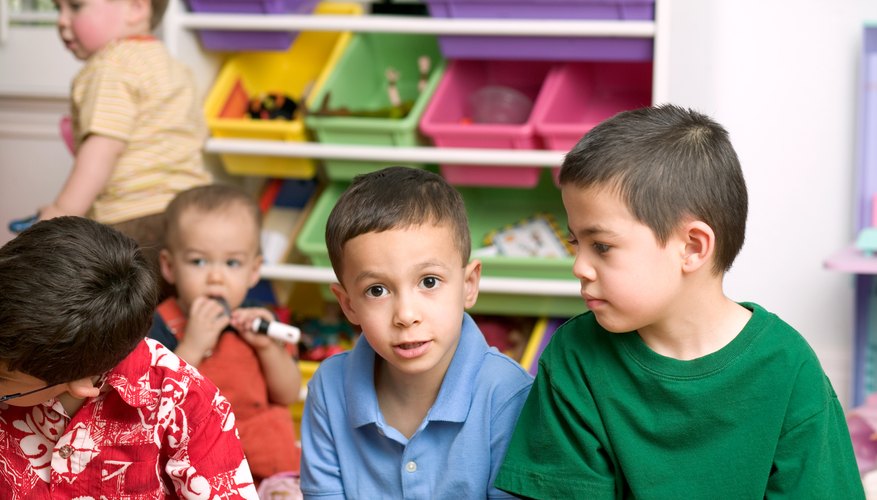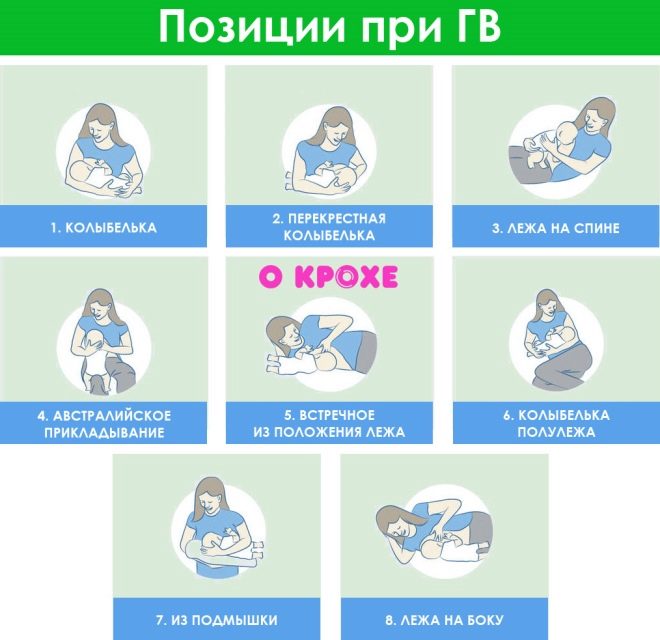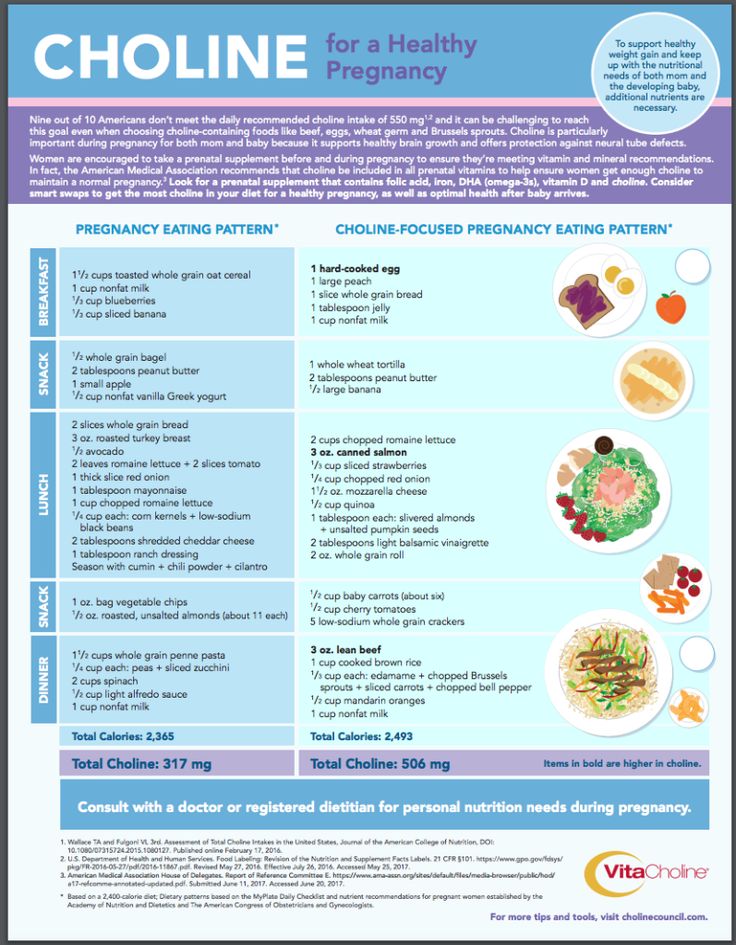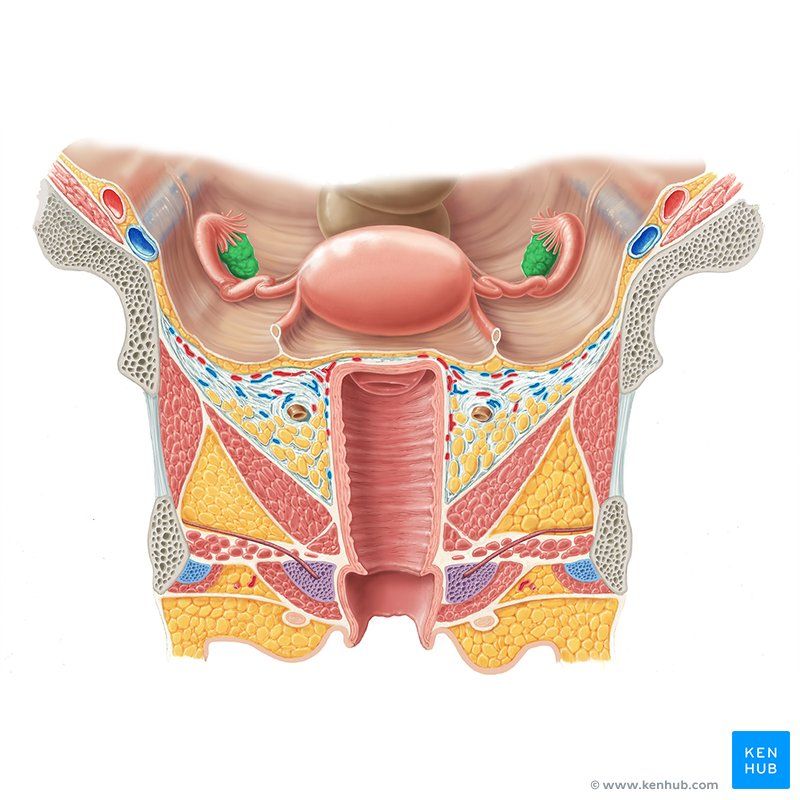How to stop child picking nails
Causes, When to Worry, How to Stop It
Nail biting is one of those habits that toddlers sometimes develop. It can be unsightly, annoying (to you!), and even problematic for their health. But like thumb sucking, it usually goes away on its own with time.
But what if it doesn’t? We all probably know people our own age who bite their nails, too. So here are some tips for nipping the habit in the bud — or nail — early.
An estimated 30 to 60 percent of kids and teens bite their nails, so your child isn’t alone. So what causes it?
Some research shows that nail biting may have genetic factors. Also, your toddler could be biting their nails because of the attention (albeit negative) they garner when you insist they stop.
However, most experts pin down nail biting to habit — a repeated behavior that your child isn’t even aware of. Habits develop for three main reasons:
- Boredom. A bored child may start nibbling at their nails because there isn’t anything more pressing to do.
- Relief. Nail biting may be a response to stress. (Sort of like reaching for chocolate.)
- Relaxant. Some kids suck their thumbs to help them fall asleep, while others bite their nails.
Often habits simply wear themselves out and disappear. So usually, there’s no need to worry.
As for the dangers of nail biting itself, they definitely make it worth kicking the habit. Biting your nails can not only cause minor annoyances like hangnails, which may not seem minor at all to your tot, but also lead to infections and tooth problems.
Stopping any habit requires a hefty dose of self-control. When you’re dealing with a toddler who bites their nails, you’ll need double the amount of self-control — yours plus theirs. Here are seven strategies to help.
1. Make sure your child is on board
Your child can’t stop a habit if they don’t know they’re doing it. Plus, they need to be motivated to want to stop biting their nails.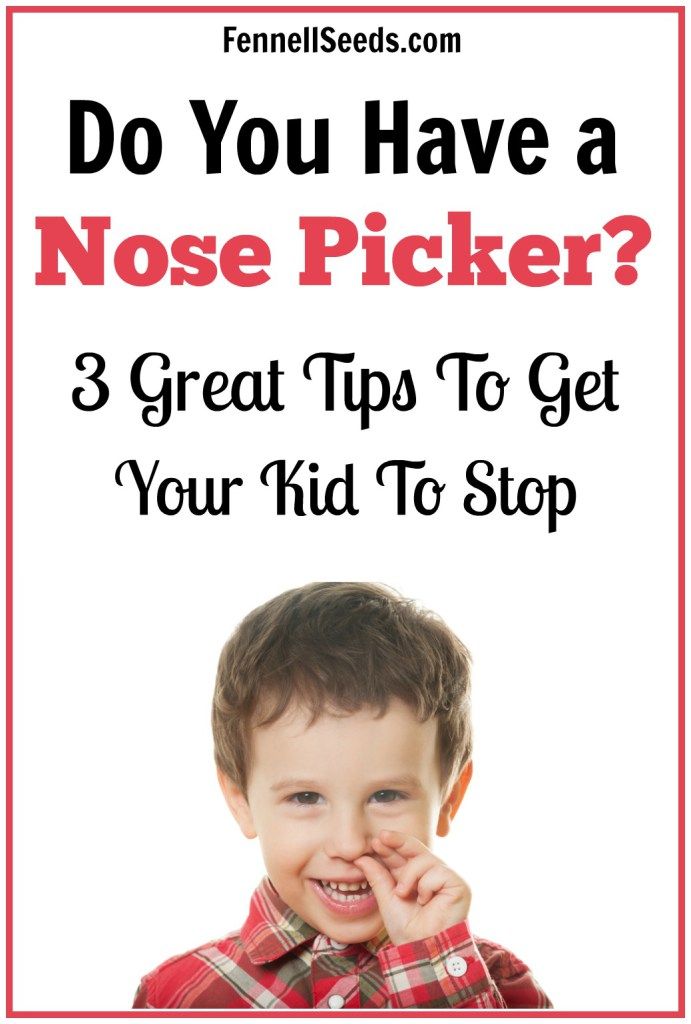
The first step is to make sure you’re a team. Help your child understand that nail biting is a habit that’s worth stopping, especially since it can cause infections and problems with your teeth. You can also talk about hygiene and touching things with fingers that have been in your mouth.
2. Cut nails short
Your toddler can’t bite what isn’t there, so keep their nails well trimmed. This also ensures that bacteria and dirt caught under the nails don’t get into your toddler’s system.
3. Create a code
This may make it fun and even, well, downright conspiratorial to your toddler.
Instead of telling your child to stop nail biting, choose a secret code that you can use to remind them to stop. Options include a specific word that you say, a touch on the shoulder, or a whistle.
4. Suggest substitutes
Help your child keep their hands busy with other things. Offer them rubber balls, Silly Putty, or even a piece of soft fabric to hold. This may work especially well if they bite their nails due to stress or anxiety.
This may work especially well if they bite their nails due to stress or anxiety.
5. Use a reward system
Offer your child a small prize or put a star on a sticker chart for each day they don’t bite their nails. At the end of the week, they get to choose a prize. (For toddlers, this doesn’t need to be big. In fact, a sticker — or, if they’re into it, a fun nail-painting session — may be reward enough.)
6. Mention fun boredom-busting activities
If your tot bites their nails out of frequent boredom, suggest new activities. Coloring books, blank drawing pads, pretend play, pillow forts — these all serve the double purpose of fostering creativity and leaving little room for nail biting.
While you shouldn’t feel guilty about encouraging independent play, you can also distract your child from the habit by taking them to the park, working on a puzzle together, or cooking or baking together.
7. Apply bite-averting nail polish
This might be an option of last resort. And before you use this, make sure your toddler knows what it means.
And before you use this, make sure your toddler knows what it means.
The burning taste takes the thrill out of nail biting and makes your child more conscious of the habit. The downside is that your child gets a taste of the nail polish even when they’re putting their hands in their mouth for other reasons — like eating finger foods.
On the bad days when your toddler seems to be biting their nails nonstop, you might be tempted to do something that could make things worse.
Endless reprimands, long lectures, yelling, and punishments won’t encourage your child to stop biting their nails. In fact, the negative attention may just make your child more determined to show you who’s the boss of those nails.
Between the ages of 2 and 3 years old, your toddler is at the developmental stage of autonomy versus shame or doubt. At this me-do-it stage, your child is working toward independence. Toddlers who aren’t given the opportunity to behave with age-appropriate independence could begin to doubt their abilities, and this could lead to low self-esteem and feelings of shame.
Sometimes, nail biting could negatively affect your child’s social relationships or interfere with their daily functioning. You’ll notice this happening if your child complains that other children are teasing them about their bitten nails.
Nail biting can also have physical ramifications. It can lead to painful ingrown nails or nail infections caused by bacteria that have entered the damaged skin around the nail.
More rarely, chronic nail biters (usually adolescents) can damage their nail beds and teeth. This is called onychophagia. Research shows that it can be treated using oral devices to help break the habit.
A toddler who adds habits to their repertoire (hair twisting, thumb sucking, nose picking) may be signaling that they’re anxious about something. By spending one-on-one time with your child, you’ll build up a strong parent-child relationship that will help them share what’s going on in their world.
While your child will likely outgrow their nail-biting habit eventually, you can try to help them stop early. This involves good communication, positive reinforcement, and patience — from both of you.
This involves good communication, positive reinforcement, and patience — from both of you.
If you’re concerned about how your kiddo’s habit is affecting their health or social relationships, speak with their pediatrician.
Nail Biting and Picking. Why Kids Do It and How to Stop Them – Sensory TheraPLAY Box Blog
Is your child’s nail-biting driving you crazy?
First, we want to assure you that you’re not the only parent looking for answers for nail-biting.
Approximately 50% of children bite their nails.1
Nail-biting is one of the most common “nervous habits” that parents worry about. Other nervous habits include hair-twisting, nose-picking, thumb-sucking, lip-biting, and cuticle or skin picking.
You may wonder why children bite their nails, if you should worry about it, and what can be done to stop nail-biting. If these sound like questions you have – you’re in the right place.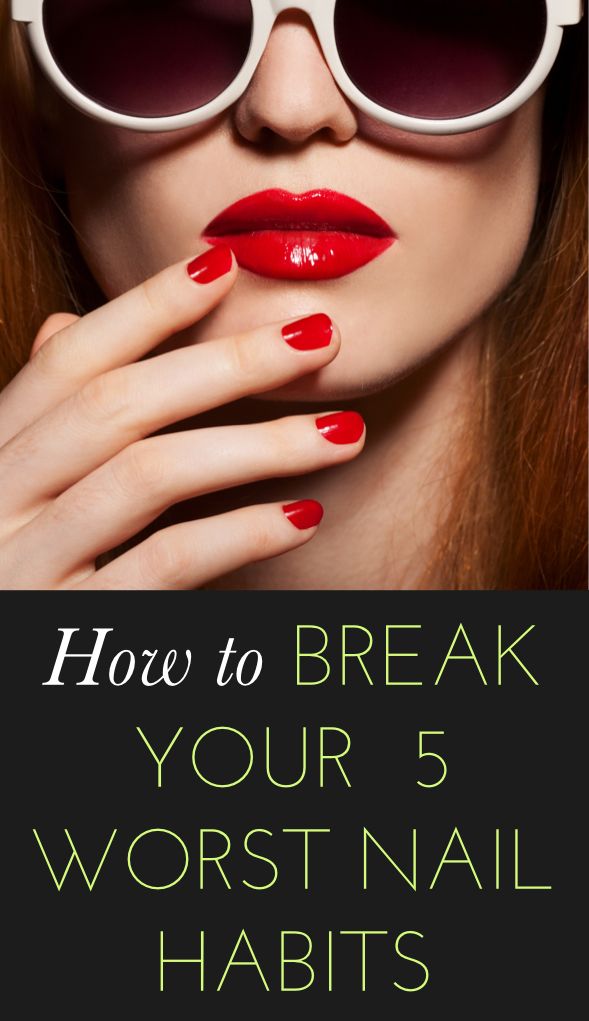 Let’s dive into kids, nail biting, and the do’s and don’ts of dealing with it.
Let’s dive into kids, nail biting, and the do’s and don’ts of dealing with it.
Why Is My Kid Biting Their Nails So Much?
Kids may bite their nails for a number of reasons, including:
- Stress
- Insecurity
- Boredom
- Anxiety
- Trying to keep themselves awake and alert.
If your child is only biting their nails in certain situations, consider what you can do to change the situation. If they’re bored, help them find an activity. If your child is anxious, discuss the situation or work with a counselor to manage the anxiety. If your child has anxiety, professional help is the best way to go.
We all have different energy levels throughout the day. Sometimes we have very high energy and other times we have very low energy. We’ve all had to learn over time how to manage these feelings and what our body needs to feel its best. Kids are still learning about their bodies and what it needs to feel its best.
Some kids have more difficulty than others finding a balance between a slow, low energy level and a speedy, high energy level.
Often children have very high energy and know they’re not supposed to bounce off the walls. They may put that energy into nail-biting in an attempt to stay out of trouble. They have to do something with all that energy.
On the other hand, children may have low energy. These kids know they need to pay attention – but it’s so hard. They try to stay awake in a variety of ways. They may bounce their feet, rock in their chair, or bite their nails to keep themselves awake.
Try to look at the bigger picture when you notice the nail-biting or picking behaviors are at their worst.
Is your child tired, wiggly, nervous, or excited?
Does nail-biting happen all the time?
Or only during certain activities or times of the day?
Paying attention to these details will help you understand your child and be able to help them change their nail-biting habit.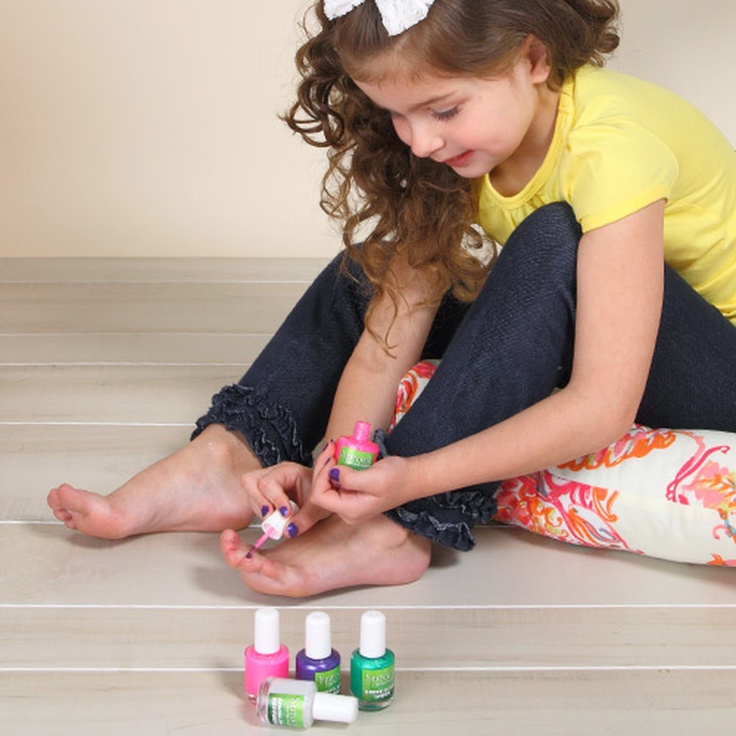
Should I Worry if My Child Bites Their Nails? Is It a Problem, or Will It Go Away on Its Own?
Often the nail-biting problem will resolve over time as thumb-sucking does for most kids. However, not every child will stop biting their nails without some help.
- Is it sensory processing?
Occasionally, nail-biting can be related to a larger issue, like sensory processing disorder or obsessive-compulsive disorder – but don’t diagnose your child quite yet! Let’s learn more about sensory processing first…
We all use our sensory systems to perceive the world around us. When a child’s sensory system is overactive or underactive, it can cause them difficulties. Read more about sensory processing disorder here. Your child’s nail-biting may or may not be connected to sensory processing. A professional can help you if you’re unsure.
- Is it causing a social problem?
Nail biting, cuticle picking, or other nervous behaviors can become a social problem.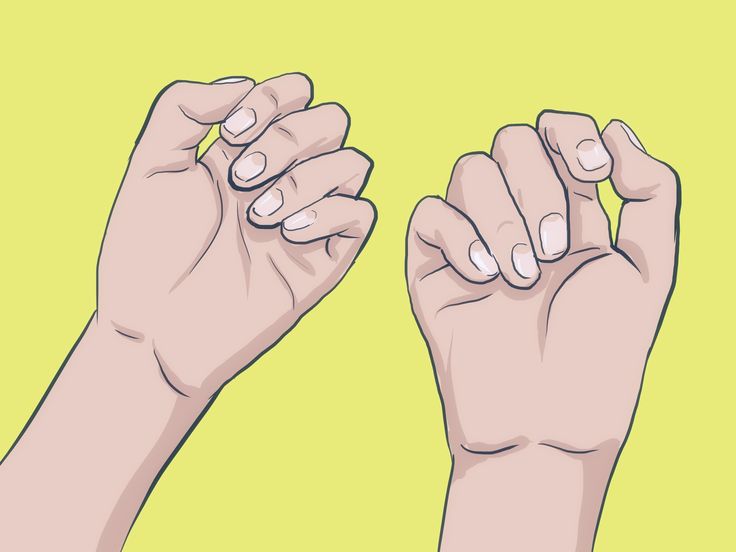 Does your child pick or chew frequently and other kids notice and make fun of them? Kids may also think nail-biting is gross and not want to share pencils or toys.
Does your child pick or chew frequently and other kids notice and make fun of them? Kids may also think nail-biting is gross and not want to share pencils or toys.
If your child is being picked on because of their nail-biting, lip chewing, or another nervous habit, it’s time to step into action and get them help.
- How severe is your child’s nail-biting?
Severe biting and picking can occasionally lead to skin infections or damage to the nail bed. Although not common, onychophagia is chronic nail-biting that damages nail beds and even teeth. Oral devices can help break this habit according to research. 2
Nail-biting is a habit that will often go away on its own for many children. However, if you find your child is excessively biting their nails, having social problems, or is struggling to stop biting, it may be time to help them break the habit.
What can I do to discourage nail-biting and cuticle picking?
It’s tempting to just tell your child to stop biting their nails and expect results. Think about how long they have been biting their nails or picking their cuticles. They have likely formed a habit – they are not biting their nails on purpose. Habits are hard to break, especially if they’ve been biting nails or picking their cuticles for some time.
Think about how long they have been biting their nails or picking their cuticles. They have likely formed a habit – they are not biting their nails on purpose. Habits are hard to break, especially if they’ve been biting nails or picking their cuticles for some time.
So what should you do to help your child stop their nail-biting or cuticle picking habit?
- Make sure they know they’re nail-biting and make it a team effort to decrease it
You may think this is obvious, but sometimes your child isn’t even aware they are biting their nails. It’s an unconscious habit that has formed over time, so the first step is to gently bring their attention to it.
Tell your child you’ve noticed they are biting their nails and ask if they noticed it too. Ask if they know why they’re doing it. Inquire with compassion and kindness, not judgment.
Think about how you would like someone to approach you about a bad habit.
Help your child understand that we all pick up habits sometimes. Explain the reasons they should work towards breaking the habit. Let your child know you want to help them and make a plan together.
Explain the reasons they should work towards breaking the habit. Let your child know you want to help them and make a plan together.
- Cut your child’s nails daily
Keep your child’s nails short and free of dangling pieces or sharp edges. If your child has no nails left due to biting, don’t try to cut further.
Skip this step if they have chewed their nails excessively short.
- Create a secret code word to catch their attention
Don’t nag your child about nail biting. Choose a “secret code” together that will help your child notice they are biting, without alerting everyone else. There’s no reason to shame your child or let others know what you are doing.
A code word is a simple way to help your child realize they are biting and cue them to choose a different activity. Think of a word together, make it funny. Be OK looking a bit silly in front of their friends to catch their attention and divert their behavior. Take a little embarrassment so your child doesn’t have to.
Take a little embarrassment so your child doesn’t have to.
- Find alternatives to keep your child’s hands and mouth busy
Alerting your child to the nail-biting or picking oftentimes won’t help them stop. This is especially true for children who are biting or picking to meet their sensory needs. Giving your child a substitute activity for their busy hands can relieve stress when they know they’re nail-biting.
Another idea for some children is chewing sugar-free gum, which can decrease their need to chew on their nails. You know your child best and should make the final judgment about their ability to handle gum.
Even manipulating a textured sensory toy can help replace bad habits and provide the necessary stimulation and sensory input your child is craving. Fidgeting with a tactile stress ball or a squishy fidget can often help children keep their hands out of their mouths. Sensory TheraPLAY boxes are full of fidgets and fun toys that can keep little hands busy – no nail-biting needed.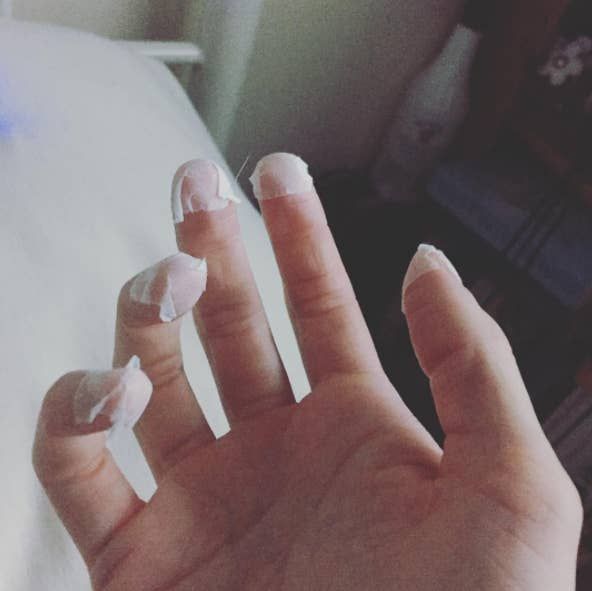 Check out our subscription so you’ll never run out of calming sensory tools.
Check out our subscription so you’ll never run out of calming sensory tools.
- Bite-averting nail polish
This polish goes on your child’s nails and tastes bad. The intent is to reduce nail-biting due to the bad taste. There is always the potential that your child will switch from nail-biting to nail picking. Use this only if needed, and always with other, more positive methods.
- More exercise or active play for a healthy sensory system
Children need a lot of exercise and activity. Play and exercise have abundant benefits, including balancing our sensory systems and decreasing nervous habits such as nail-biting.
Read more about the benefits of movement in this blog.
What Not to Do When Helping Your Child With Nail Biting
Parenting is hard. Knowing how to respond to your child is hard too. Some techniques listed here may be your first reaction, but these are a few things we shouldn’t do when dealing with kids and nail biting.
As with everything with parenting, it’s all about patience and practice.
- Endless lectures
- Creating a power struggle
- Punishments
- Giving your child negative attention for nail-biting
- Yelling at your child
We all have our good days and bad days as parents. If you find you’re having a rough day, consider ignoring the nail-biting for a day. Focus more on positive interactions with your child on these rough days. Address the nail-biting another day when you’re well-rested and less stressed.
When children are 2-3 years old, they’re developing a sense of autonomy vs shame or doubt. They want to be making their own choices and be in control of their body. Taking the wrong approach during this stage can lead to a power struggle that no parent wants. It can also lead your child to feel low self-esteem or shame.
No matter what age your child is, take a deep breath and remember that most likely, your child is not biting their nails to annoy you. Don’t treat nail-biting like a behavior problem. Treat it like a sneaky habit that your child needs help breaking free from.
Don’t treat nail-biting like a behavior problem. Treat it like a sneaky habit that your child needs help breaking free from.
The Takeaway About Nail Biting, Picking and Other Nervous Habits
Your child will likely outgrow their biting and picking habits. However, you can help them stop sooner or reduce the amount of nail-biting before it becomes a problem. Good communication, creating a plan, and working as a team will help you tackle nail-biting without fighting.
Spend time together doing fun, fulfilling activities. Parenting is hard, and everyone is busy. Taking time to play with your child will help them learn activities that keep their hands busy, and playing together has the added benefit of fulfilling their emotional needs.
As always, if you’re concerned about your child’s nail-biting, or any other habit, speak to your pediatrician. Your child may benefit from occupational therapy or another intervention. You can work as a team to create a plan that works for your family and your child.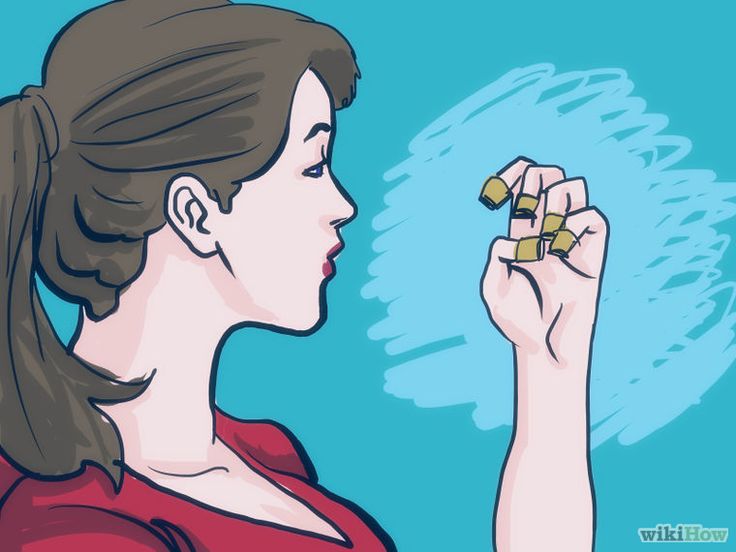
1 https://www.mottchildren.org/health-library/tw9722spec
2https://www.ncbi.nlm.nih.gov/pmc/articles/PMC5141299/
Like this:
Like Loading...
what is it and how to deal with them?
home
Parents
How to raise a child?
Neurotic habits in children: what are they and how to deal with them?
- Tags:
- Expert advice
- 1-3 years
- 3-7 years
- 7-12 years old
- teenager
- children in the family
- family relationships
Noticing that the child constantly bites his nails, picks his nose, sucks his finger, gnaws his lips to blood, bites the pillow, parents seek to eradicate these habits as soon as possible, as they are considered obscene or at least not aesthetic. Often, parents approach the issue quite harshly: they seek to remove the child’s unwanted skills by using violent methods of education (swearing, prohibitions, punishments).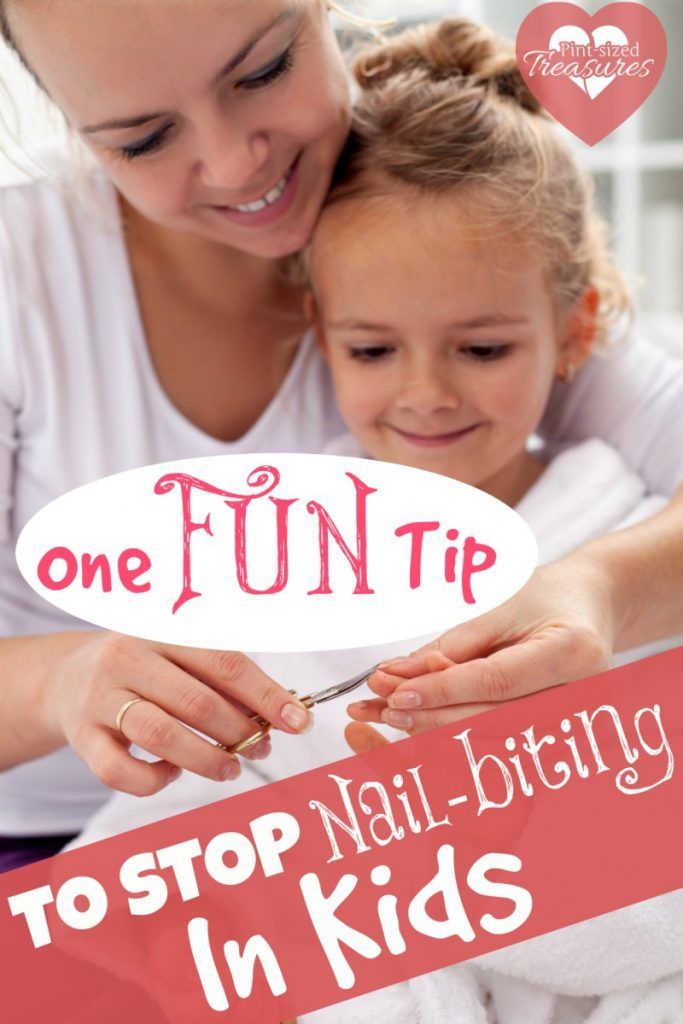 This does not lead to the desired result, and sometimes, on the contrary, reinforces the habit even more, because these actions in a child are most often associated with overcoming fear or stress that has arisen.
This does not lead to the desired result, and sometimes, on the contrary, reinforces the habit even more, because these actions in a child are most often associated with overcoming fear or stress that has arisen.
In this case, it is much more important to find out why this action arose and took hold. You need to carefully observe the child, his environment and emotional state and try to determine the causes.
Causes of habits
Most of the negative habits of children do not appear immediately, but gradually. At first, they are normal behavior of an early age when certain structures of the nervous system are not yet fully formed. These actions, in fact, are not yet habits in the full sense of the word and can gradually go away on their own if the development of the child is harmonious. For example, sucking a finger or other objects is due to the sucking reflex, which is normally formed even before birth and disappears after four years.
There are also objective environmental factors .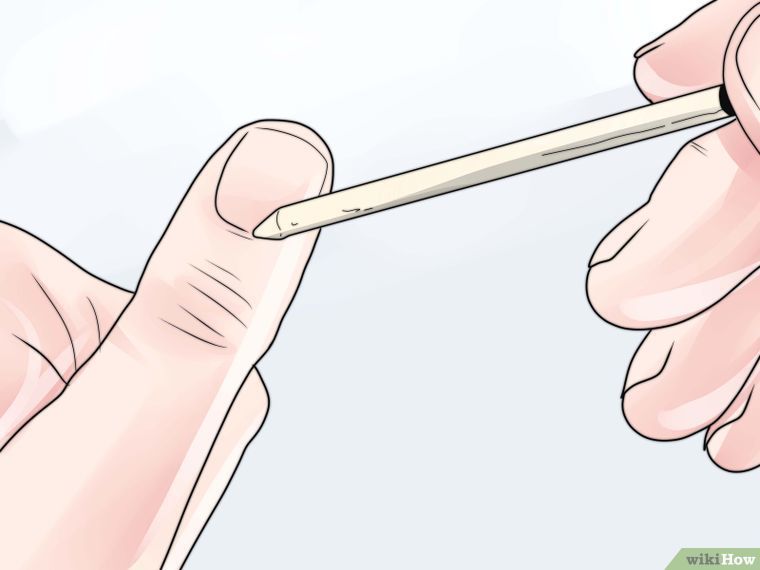 So, nose picking can be caused by dryness of the nasal mucosa due to constant low humidity in the room.
So, nose picking can be caused by dryness of the nasal mucosa due to constant low humidity in the room.
Another factor is imitating the behavior of parents : the way parents behave is the norm for children. Therefore, whether parents want it or not, if they themselves have any bad habits, the child is likely to repeat them.
If a child begins to associate some action with a positive emotional state or a decrease in negative emotions, then it will begin to be repeated and gradually become habit . When positive emotions in a child are associated only with this action and nothing else lessens anxiety and does not give him joy, the habit becomes neurotic . That is, the child begins to perform these actions subconsciously, automatically, in order to experience positive emotions or enter a comfortable state.
Read also
Bad habits in a child: where do they come from and what to do?
How to eradicate bad habits of a child
Then the possible reasons for fixing habits may be the following:
-
The child's fears.

-
Severe stress. It can be caused by life events, major changes. Examples of such events may be entering a kindergarten, school, changing educational institutions, moving, the birth of younger brothers and sisters, the death of a family member.
-
Age-inappropriate academic or mental workload.
-
Unfavorable emotional situation in the family: quarrels of parents, especially in the presence of children.
-
Authoritarian, harsh methods of upbringing or, conversely, ignoring the child.
-
Insufficient attention to the child, dissatisfaction with his needs, lack of manifestations of love for him, emotional coldness of the parents.
-
Violence experienced by a child.
All these phenomena cause strong inner tension, which the child cannot cope with on his own. If at this moment the parents do not accept the child's emotions, condemn them for anger, fear, resentment or sadness (“Boys don't cry”, “Girls don't behave like that”, “Stop roaring”, “They carry water on the offended”), then the child there is a subconscious ban on the expression of negative feelings.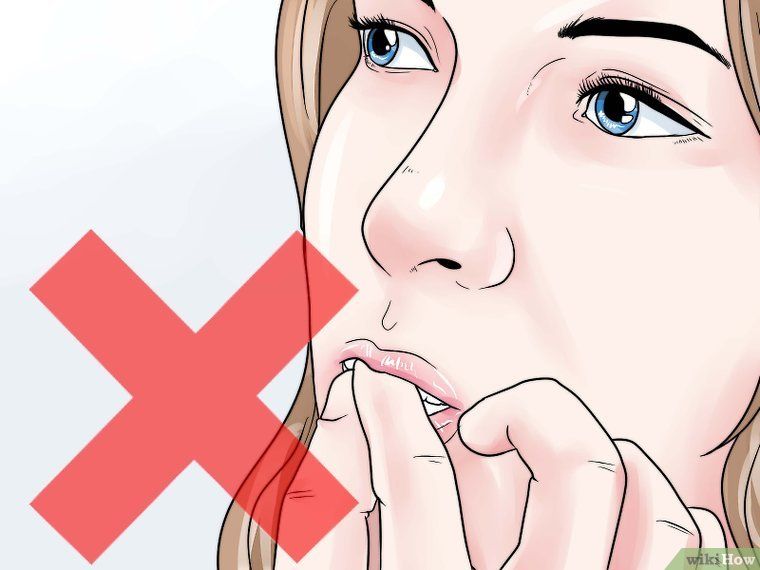 Since any feelings arise naturally, a person with such a ban feels a severe internal conflict: on the one hand, he cannot get away from negative emotions, on the other hand, he blames himself for their occurrence. As a result - a strong psycho-emotional stress, which results in the habit of biting yourself - literally and figuratively. And only by reducing this tension, you can remove the already established need to bite your nails, lips or suck your thumb.
Since any feelings arise naturally, a person with such a ban feels a severe internal conflict: on the one hand, he cannot get away from negative emotions, on the other hand, he blames himself for their occurrence. As a result - a strong psycho-emotional stress, which results in the habit of biting yourself - literally and figuratively. And only by reducing this tension, you can remove the already established need to bite your nails, lips or suck your thumb.
The extreme manifestations of negative habits are obsessive-compulsive disorder . This is the creation of any constantly repeating rituals: frequent washing of hands, patting, tapping. Only the repetition of these rituals gives the child a sense of security and comfort. These actions can no longer be called just a bad habit - they are very stable and can occur due to mental or organic disorders of the nervous system. Therefore, in order to cope with them, it is necessary to consult a doctor.
What should parents do? When you first notice that the child has begun, for example, to regularly put his finger in his mouth, you need to gently but clearly stop him.
 And then you need to offer the baby some kind of replacement for this action. You can distract him with some interesting tasks, joint activities, games. Observe when he does this repetitive action and when he doesn't. Use these observations to switch his attention away from this action next time.
And then you need to offer the baby some kind of replacement for this action. You can distract him with some interesting tasks, joint activities, games. Observe when he does this repetitive action and when he doesn't. Use these observations to switch his attention away from this action next time. Before the habit is formed, explain to the child why you are asking him not to do it. The main thing is not to react to this behavior too emotionally, you should not scold or punish for it. Try not to focus on this, and also not to discuss the child's behavior as a problem with other people, especially in front of your son or daughter. Your attitude towards this habit greatly affects the child, because he takes over your emotions, feeling even more anxiety and tension
If possible, protect your child from stressful situations and excessive tension. It is clear that it is impossible to exclude all negative events from life and avoid unrest. However, try for some time, while weaning the child from the habit, not to go anywhere, keep a stable daily routine, monitor his workload, meet new people infrequently so that he has a minimum of additional stress during this period.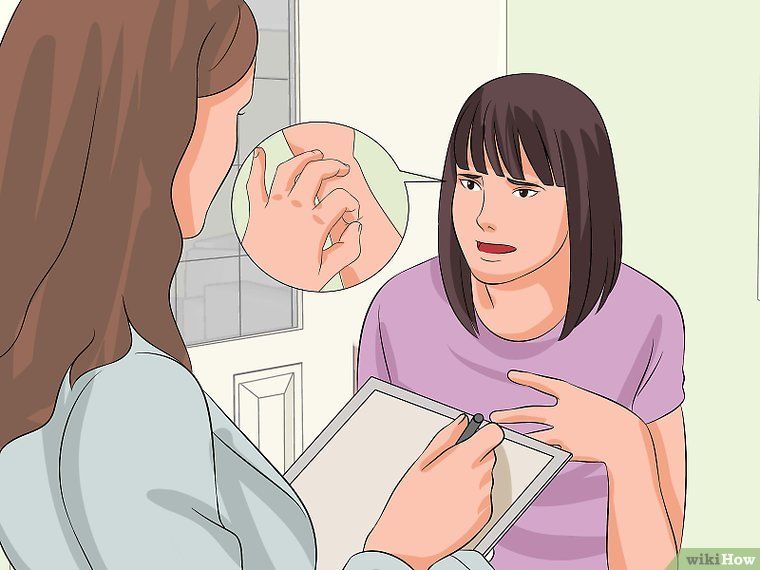
If it turns out that the child is afraid of something, deal with his fears . This can be done both at a consultation with a psychologist and at home using art therapy methods.
It is important to accept the child's feelings so that he later learns to be aware of his own emotions, to express them in words, and not to accumulate inside. You can set an example of constructive behavior by talking about the feelings that you and your child have during conflict situations. At the same time, it is important to calmly withstand his negative feelings, showing that he has the right to them. In this way, emotional intelligence will develop, which is an important component of the health and success of the child in the future.
Improve family relationships , create an atmosphere of warmth and psychological safety at home. If you notice that there are a lot of conflicts in your family, try to figure out what causes them, how you yourself feel, and what you personally can do to correct the situation.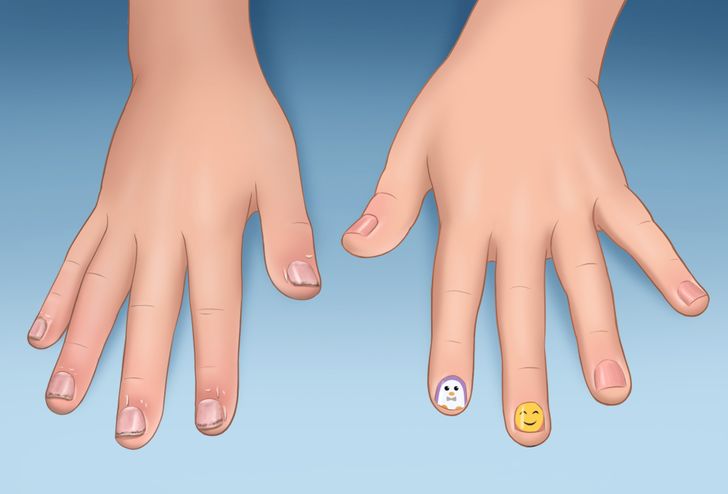 This will not only help you deal with your child's negative habit, but it will also bring many other positive changes into your life.
This will not only help you deal with your child's negative habit, but it will also bring many other positive changes into your life.
Read also
People's opinion: What are the bad habits of today's children?
How to help your child acquire good habits
If you can't cope with a child's bad habit on your own for a long time, you can come to a face-to-face consultation with a psychologist .
In any case, special attention should be paid to the state of the child and his inner world. Spend as much time together as possible, show love more often. This will make it easier for your child to let go of the unwanted behavior, as he will feel that you love him even when you don't approve of his behavior. Your love and unconditional acceptance will help him cope with a bad habit.
Anastasia Vyalykh
Is your child anxious?
High personal anxiety can significantly impede the child's learning activities and social contacts. Take the test created by the specialists of the portal I am a parent and assess the level of anxiety of your child.
Take the test created by the specialists of the portal I am a parent and assess the level of anxiety of your child.
Take the test
More on the topic
How to improve family relationships with useful fairy tales
Disorganization = self-doubt?
How to make life easier for a large family
What to do with the annoying habits of a child?
Now he bites his nails, then he picks his nose - all this is both ugly and harmful, and causes our irritation. How to wean a child from bad habits without stress?
Get your finger out of your mouth!
Many children have habits that can greatly annoy their parents. Here are the most common ones: biting your nails, twisting your hair, picking your nose, sucking your fingers (or keeping them in your mouth). Except in some cases where such habits become compulsive, they are usually just a part of the normal developmental process and not a cause for concern.
What is a habit?
A habit is a repetitive pattern of behavior that a child is usually not even aware of. Often, children may have several of these habits (and you have even more anxiety) - for example, one hand in the mouth, while the second twists a lock of hair.
Nail biting
Biting or biting nails is one of the most common childhood habits. On average, 30% to 60% of children and adolescents bite one or more nails. Boys and girls are usually equally prone to this habit in their earlier years, but there are already more boys among nail-biting teenagers.
Hair twist
And here, most of the children who like to twist, sort through or pull themselves by strands of hair are girls. Twisting hair can appear in early childhood and often goes away on its own (and sometimes a haircut just helps). But for kids who start pulling their hair in their older or teen years, the habit is harder to break and can be a sign of anxiety, depression, or obsessive-compulsive disorder (OCD).
Nose picking
It seems that nose picking is not only a childhood habit, it is also common among adults. This is a true fact: a study showed that 91% of adults regularly examine their noses.
Thumb sucking
It is believed that children prefer to suck on their thumbs, as this movement reminds them of the prenatal and infancy period. Some children also suck on their fingers, hands, or the entire fist in addition to or instead of their thumbs. This is done more often by children under the age of two, a little less often - from 2 to 4 years: to calm down, in difficult or stressful situations, or to relax and fall asleep. But if frequent or intense thumb sucking continues after 4 years, it can cause bite problems.
Why do bad habits develop?
Experts are not always sure what exactly causes this or that habit, but it is already known what gives this behavior to a child. Such activities can be just plain entertainment for a bored child or, more often, a habitual coping mechanism for anxiety. Try to remember if recently in the life of a child who bites his nails, stress, strong tension, a change in the usual environment? If so, then this behavior may be an attempt to relieve this tension. On the other hand, for some children, such actions appear in a relaxed state, for example, before bedtime or when you read to them.
Try to remember if recently in the life of a child who bites his nails, stress, strong tension, a change in the usual environment? If so, then this behavior may be an attempt to relieve this tension. On the other hand, for some children, such actions appear in a relaxed state, for example, before bedtime or when you read to them.
Some habits may be left from infancy. In infants, thumb sucking is a common self-soothing behavior that evokes pleasant associations with feeding and ending hunger. So it may remain in childhood because of its positive associations.
Or perhaps your child's nail biting explanation is in your mirror. Do you bite your nails? Research shows that nail biting may have a strong hereditary or genetic component.
Other children develop habits of attracting or manipulating their parents. If children feel ignored by their parents, they may develop an annoying habit because they know that mom or dad will react to it.
How to deal with your child's habits
The good news is that most habits disappear, usually by the time the child reaches school age, because the child no longer needs them or outgrows them.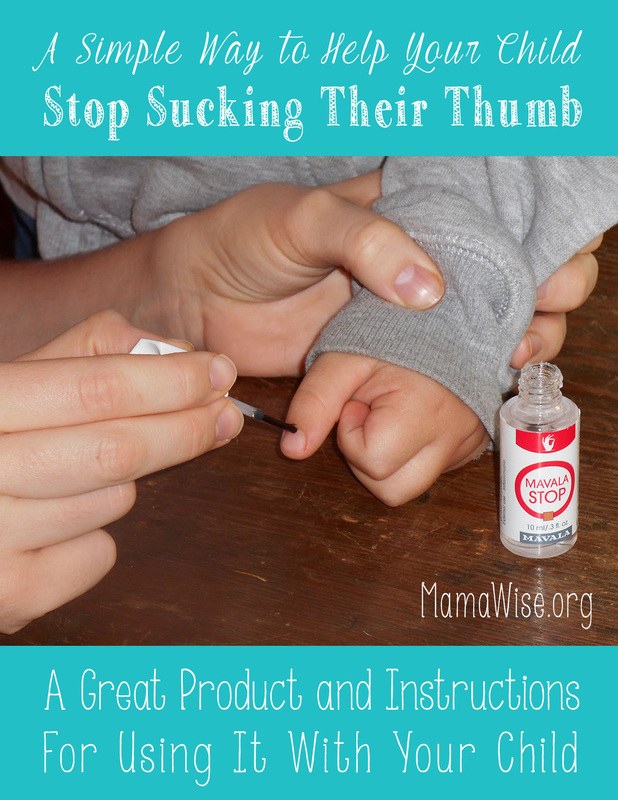
How can I help my child get rid of bad habits?
- Calmly state what you don't like about his behavior and why. This approach can be used with children aged 3-4: explanations are already important to them, they are ready to accept them. Say something like this: “I don’t like it when you bite your nails. This looks pretty ugly. Can you stop doing this?" Most importantly, the next time you see it again, don't scold him. Punishment, ridicule, or criticism can cause unwanted behavior to increase.
- Involve him in the process of breaking the habit. If your 5-year-old child comes home from kindergarten crying because other children make fun of his thumb sucking, consider this as a request for help. You can ask the child - what, in his opinion, would help him cope with the habit, if he wants to get rid of it. Think about how you can do this together: come up with a password word so that the child reacts to it, or reminder drawings.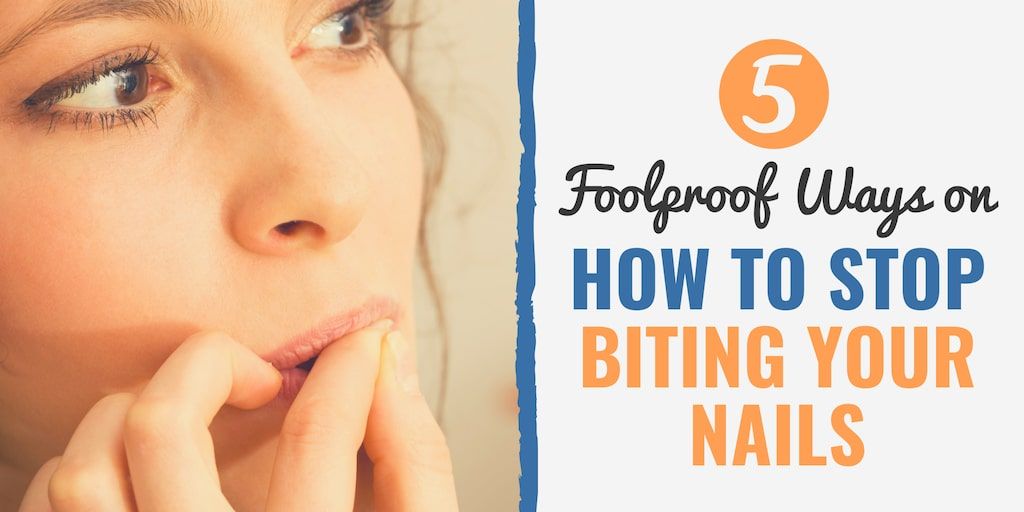
- Suggest alternative behaviors. For example, if a child bites his nails, instead of saying "Don't bite!", try saying "Let's move our fingers" or offer to play finger games. You can wear an elastic bracelet on your wrist and click it, or touch the slime or a piece of fur with your hands. To keep your child's attention, try to distract him, for example, help you in the kitchen or play with plasticine.
- Encourage and praise self-control. For example, let your daughter paint her nails with your polish when they are long enough, or give out stickers or small prizes for success.
- Be consistent in encouraging good behaviour. It is important to notice manifestations of good behavior - and more actively and emotionally than bad or undesirable ones. A new positive habit must be firmly established before the old one disappears. It is important that the child has the motivation to stop doing what is unpleasant for others and harms him.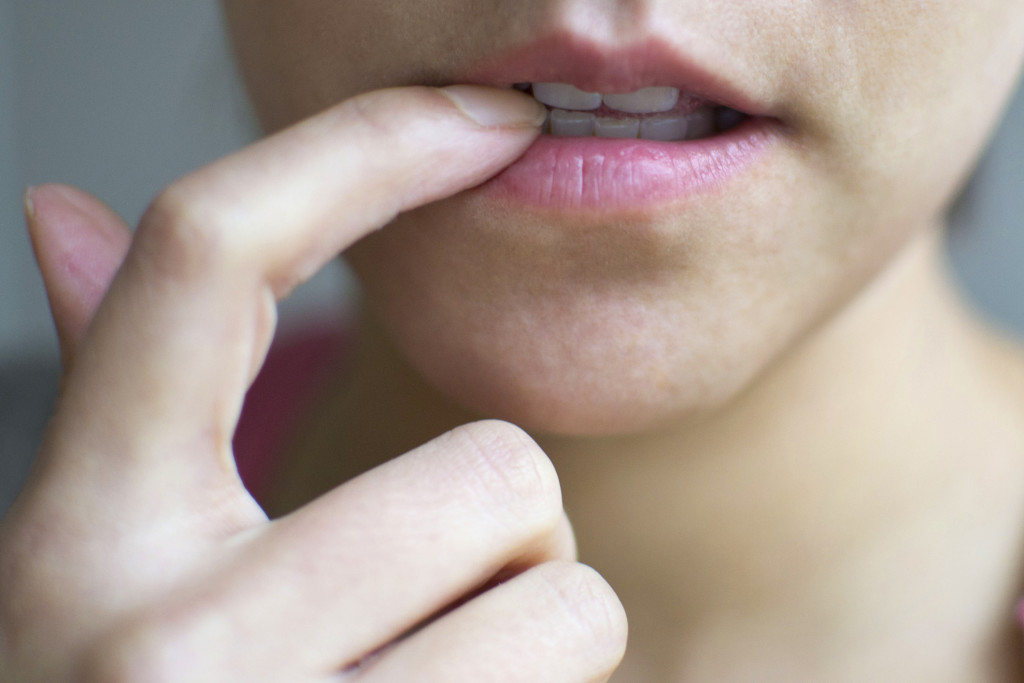 Just as bad habits take time to establish, breaking them also takes time, so be patient.
Just as bad habits take time to establish, breaking them also takes time, so be patient.
When does a habit require special attention?
In some cases, a habit is the result or cause of a physical or psychological problem. For example, nose-picking may occur because some object is actually stuck in the nostril. In addition, bad habits can cause some medical complications, such as nosebleeds or sores on the mucous membrane, ingrown nails, dental problems, infections of damaged skin. The habit can also negatively affect the child's social relationships or interfere with his daily functioning.Older children who constantly suck their thumbs may become very stressed or anxious. If children are teased at school or find it difficult to speak because they keep their fingers out of their mouths, this behavior goes beyond mere habit. Children who pull their hair out may have trichotillomania, a condition that causes hair to fall out. And habits that result from obsessive thoughts can be a sign of OCD.
